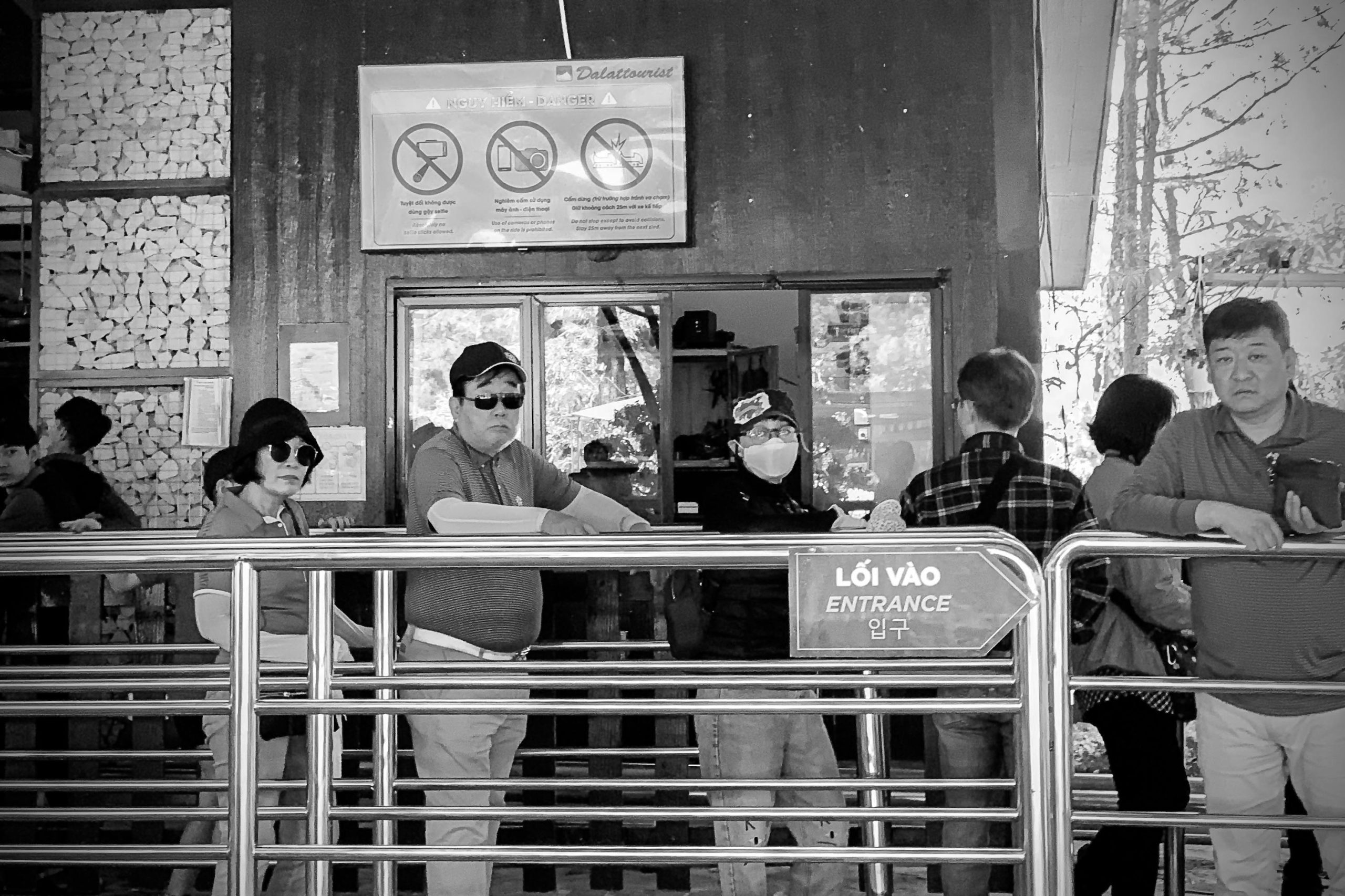The statements suggesting that “WordPress could be closed” often refer to concerns surrounding the sustainability, ownership, and future direction of the WordPress platform, particularly given its open-source nature. Here are a few key points to consider:
Ownership and Control: WordPress is maintained by the WordPress?” target=”_blank” rel=”noopener noreferrer”>WordPress Foundation, but it relies heavily on contributions from the community. If contributions were to dwindle or if key contributors were to leave, it could impact the development of WordPress?” target=”_blank” rel=”noopener noreferrer”>WordPress.
Financial Viability: Like any software project, WordPress?” target=”_blank” rel=”noopener noreferrer”>WordPress needs financial resources to sustain its development. If funding sources, like sponsorships or commercial products relying on WordPress, were to dry up, the project could struggle to maintain its viability.
Changes in Technology: As technology evolves, so do the needs of users. If WordPress fails to adapt to new trends, platforms, or coding practices, it could lose its relevance, leading users to migrate to alternatives.
Legal and Regulatory Issues: Changes in laws or regulations could potentially impact the functionality or availability of WordPress as a platform, particularly with regard to data privacy, copyright issues, or software licensing.
Community Dynamics: The open-source community is vital to WordPress. If the community were to fragment or become less active, this could hinder the overall progress and support for the platform, raising concerns about its longevity.
In summary, while the idea of WordPress “closing” might be exaggerated, it serves as a reminder of the importance of community support, innovation, and sustainability in keeping the platform alive and effective for its users.


One response to “What does the idea of “WordPress could be closed” really mean?”
This is a thought-provoking post highlighting crucial aspects of WordPress’s sustainability. One point I think is particularly worth emphasizing is the role that ongoing community engagement plays in the platform’s future. As you mentioned, relying on community contributions is essential, but fostering an inclusive and vibrant ecosystem is equally vital.
To maintain that vibrancy, we might consider initiatives such as mentorship programs for newcomers, regular community-driven events like WordCamps, or even incentives for developers to contribute to the core software. Additionally, as technology evolves, we must also focus on educating users about the potential of WordPress beyond just a content management system—such as its capabilities for eCommerce, membership sites, and even as a headless CMS—this could not only retain existing users but also attract new ones from diverse sectors.
Moreover, exploring collaborative partnerships with educational institutions could cultivate a generation of developers who are not only skilled in using WordPress but are also motivated to contribute to its growth. By taking proactive steps to engage with both the current user base and future developers, WordPress can strengthen its community ties and ensure its relevance in a rapidly changing digital landscape.
It’s indeed essential for the community to be vigilant and proactive in addressing these challenges to secure the long-term viability of WordPress?” target=”_blank” rel=”noopener noreferrer”>WordPress. What are some ways you think we can enhance community engagement further?